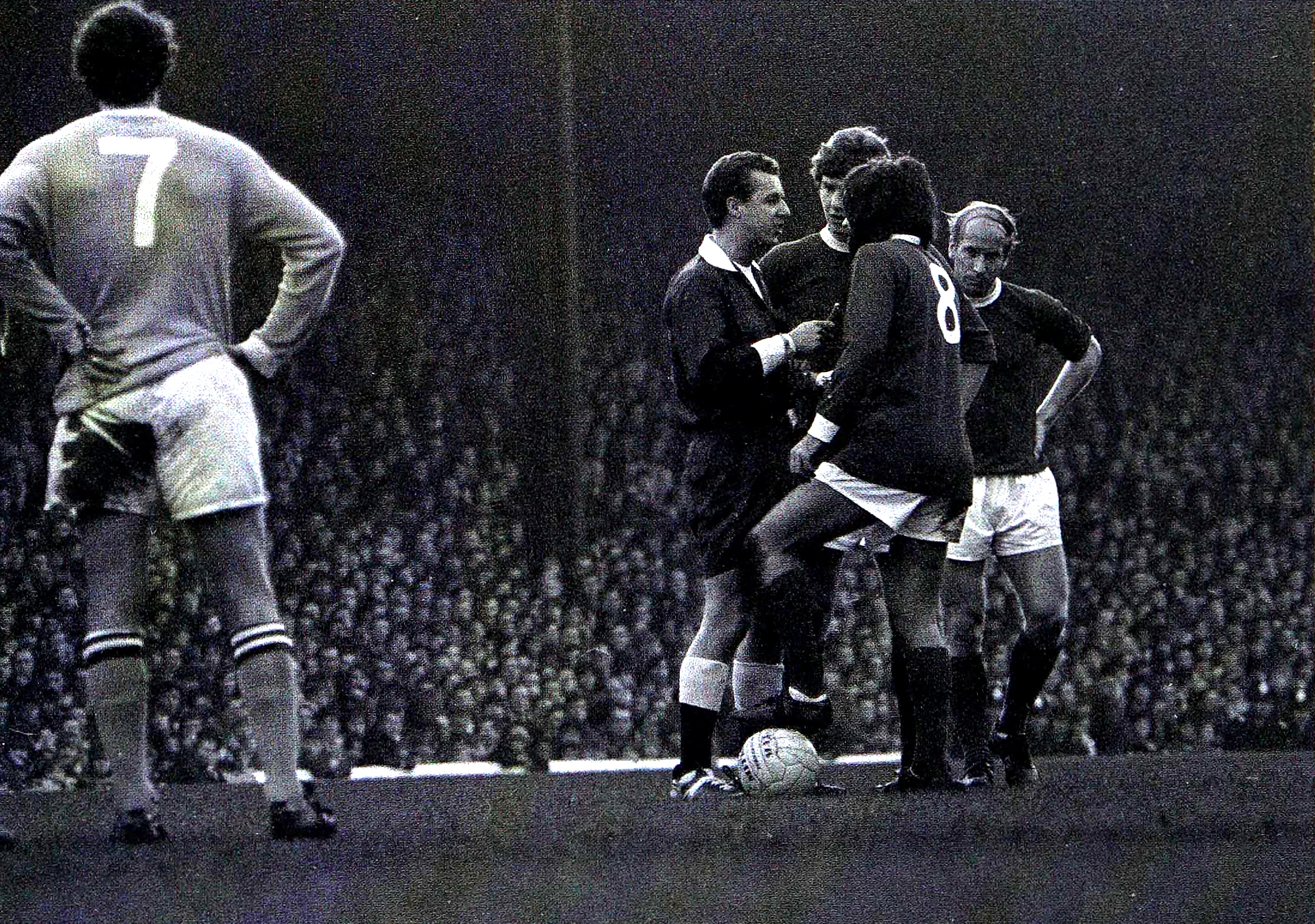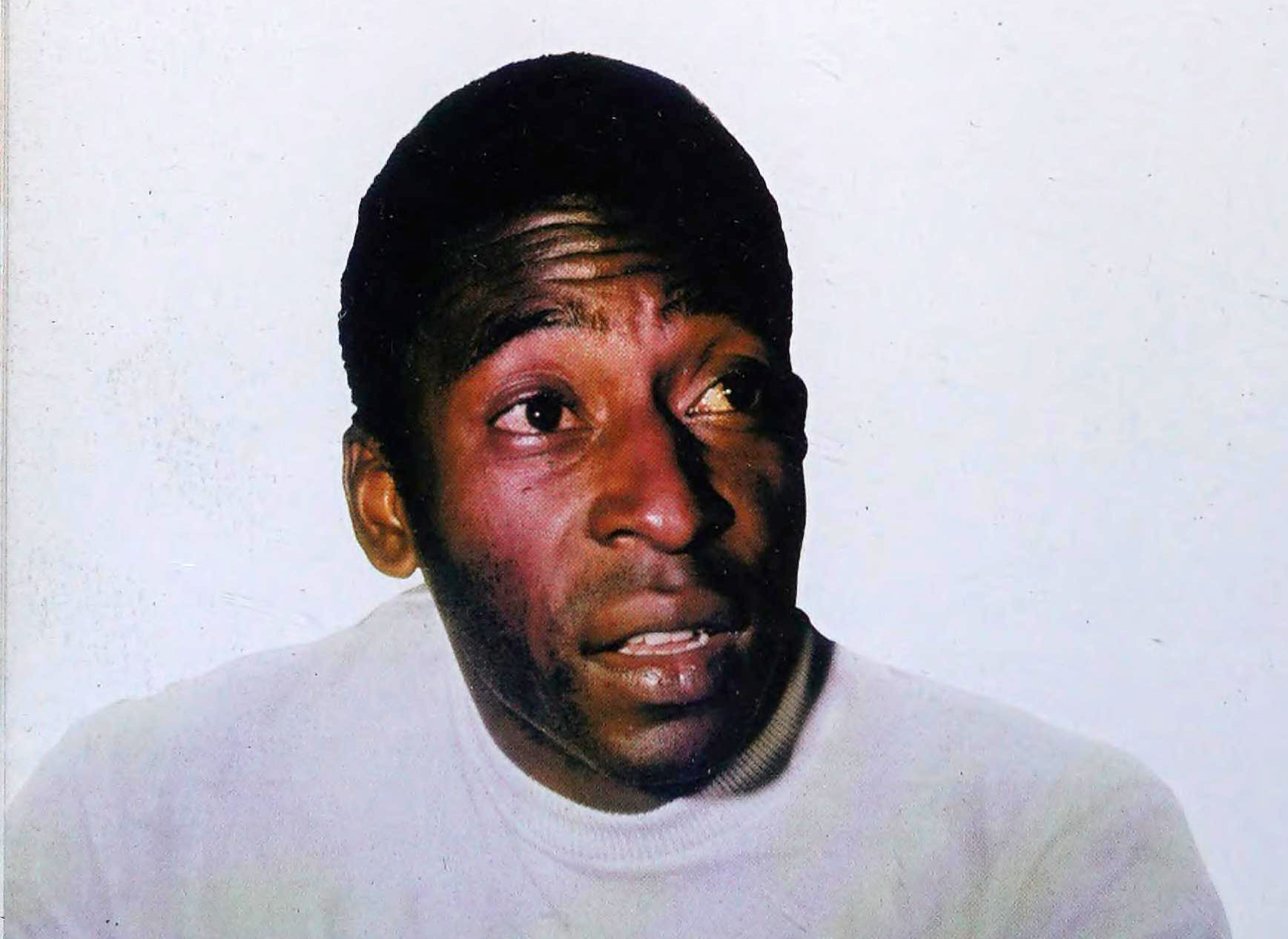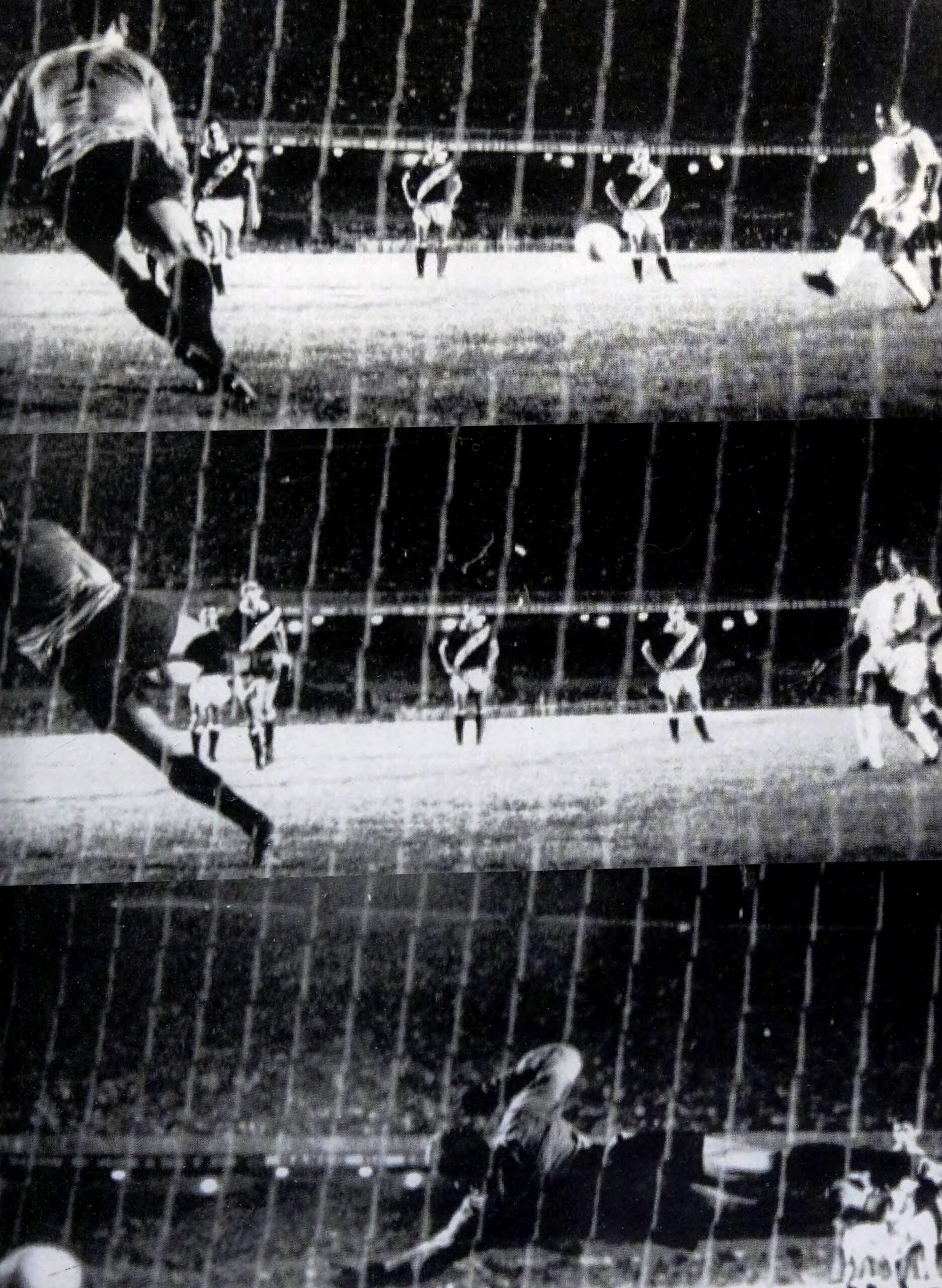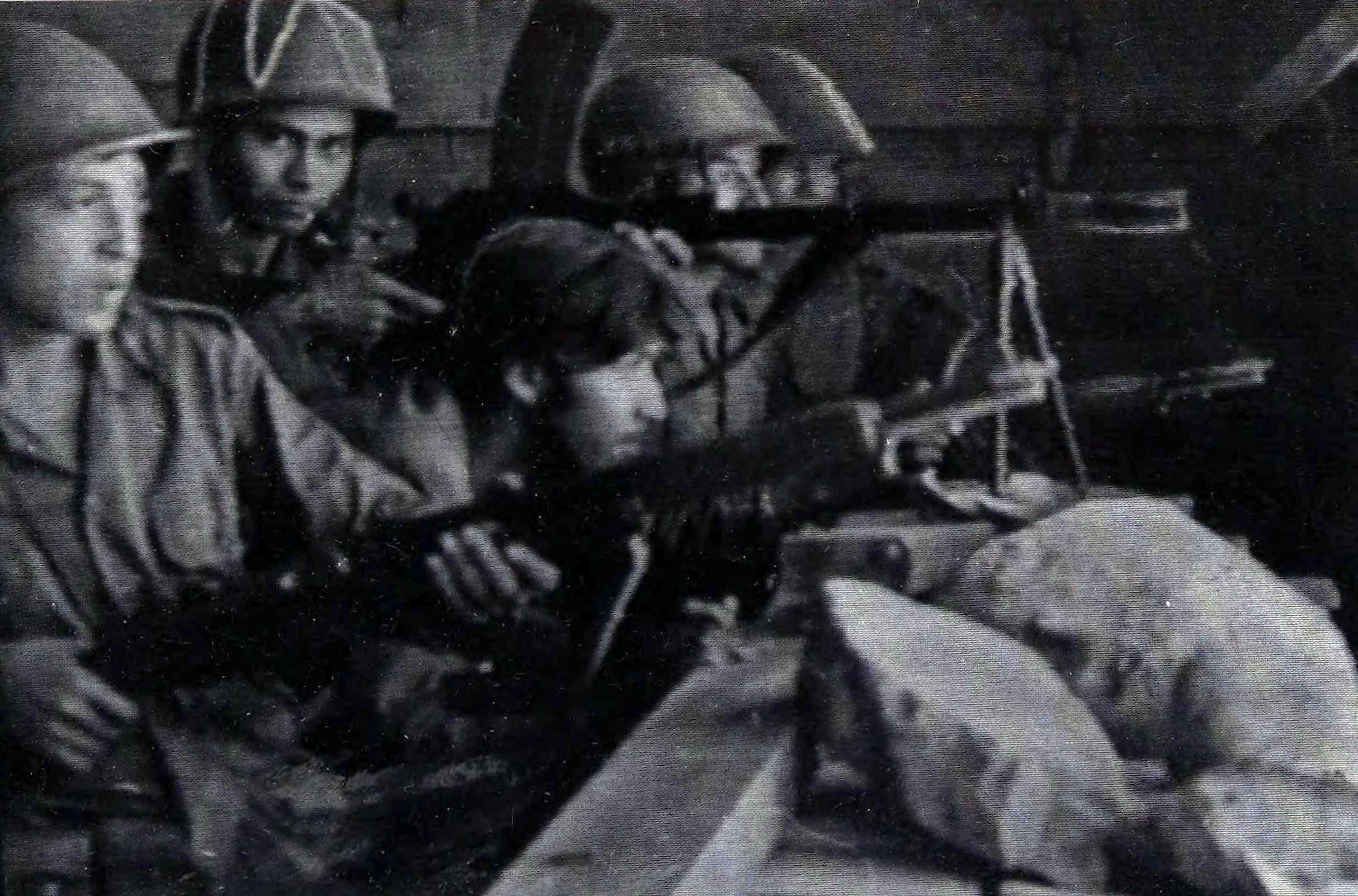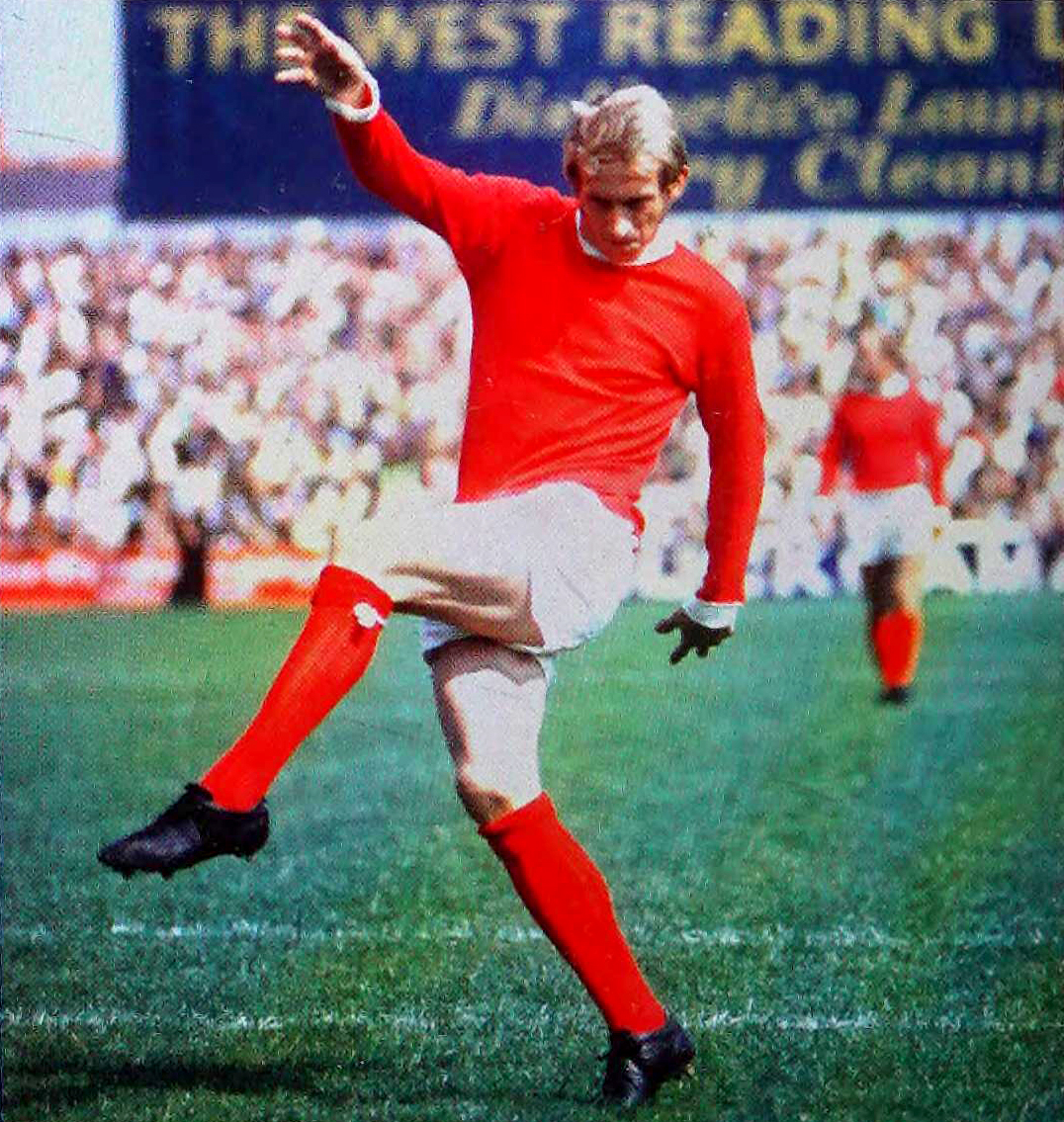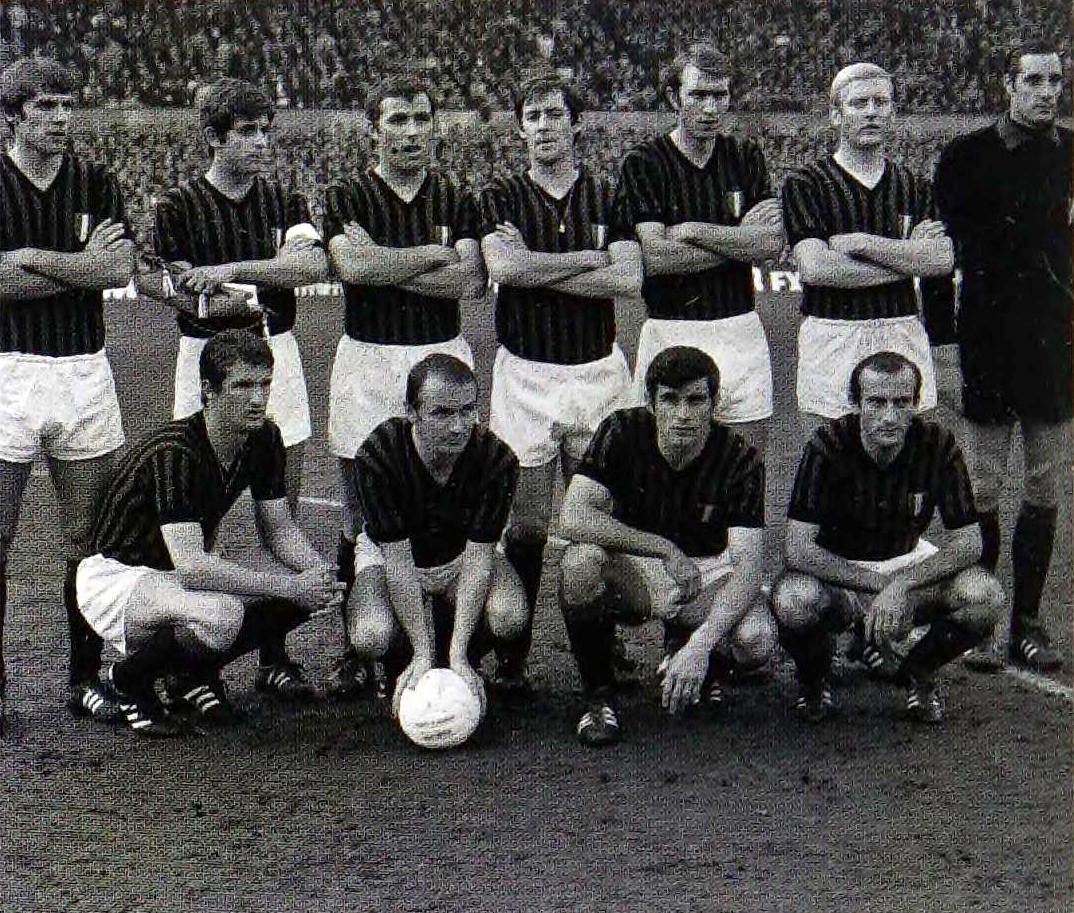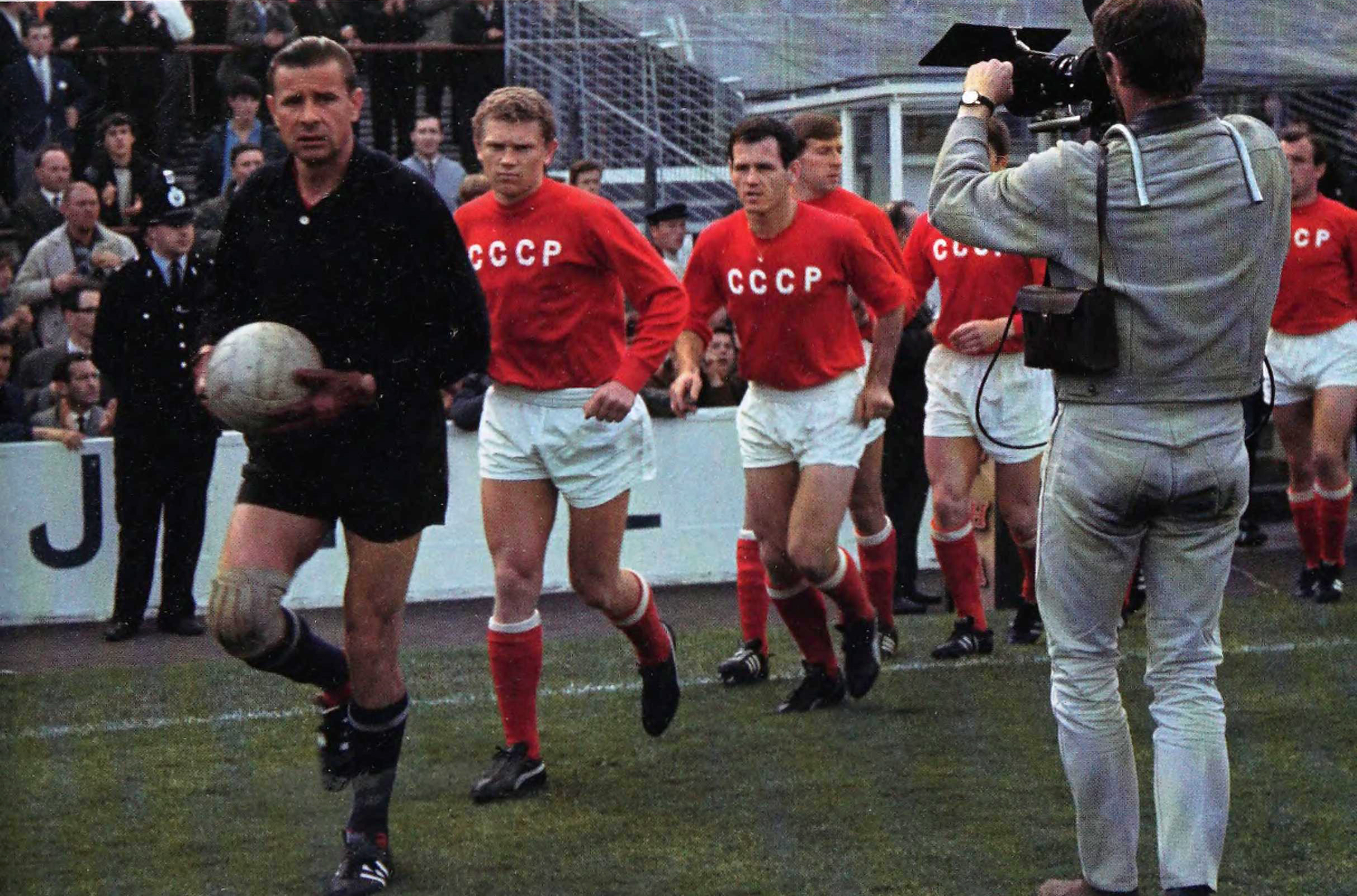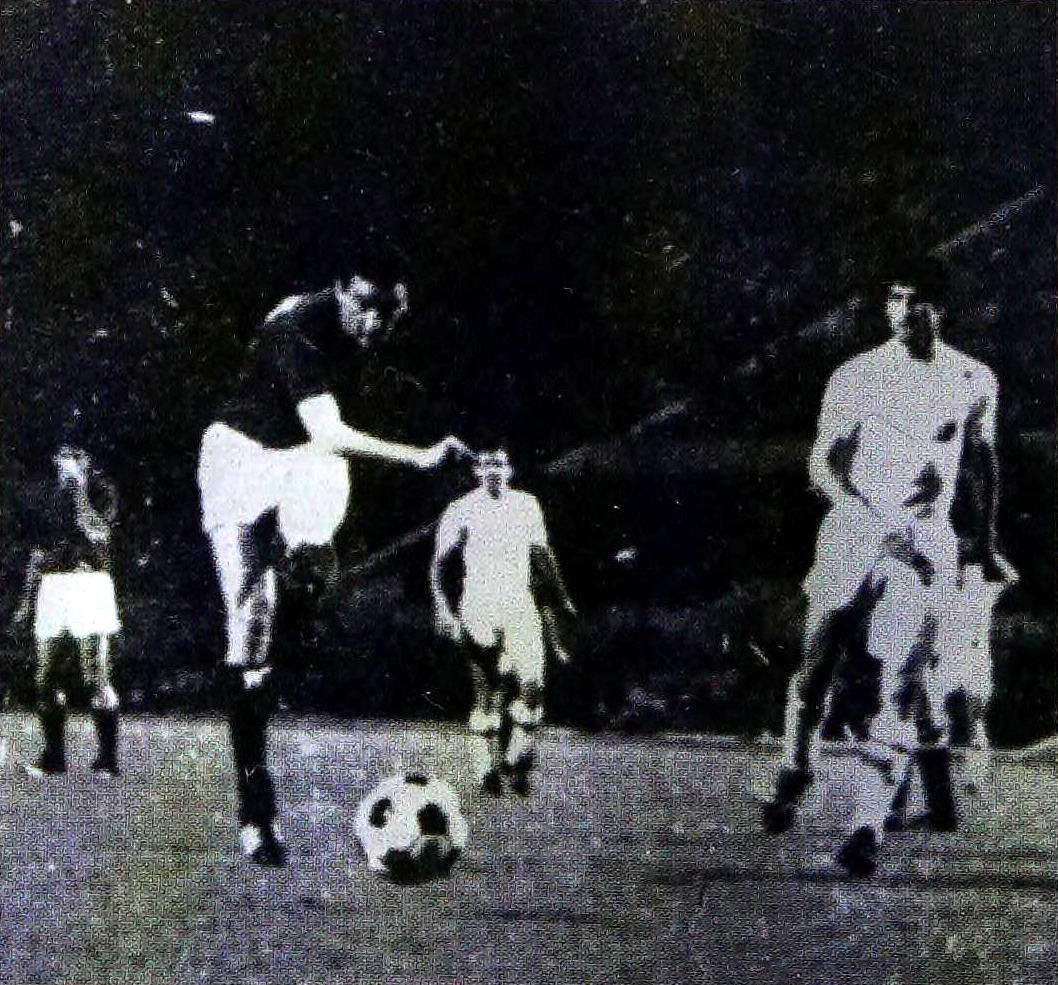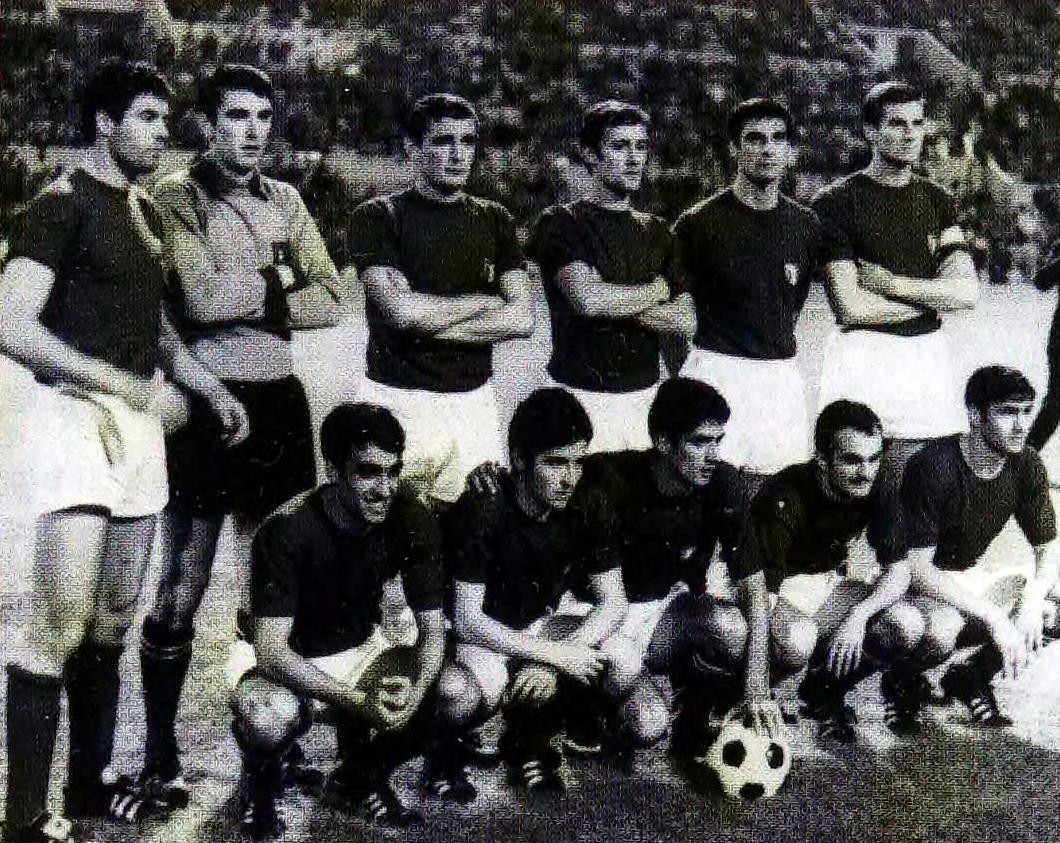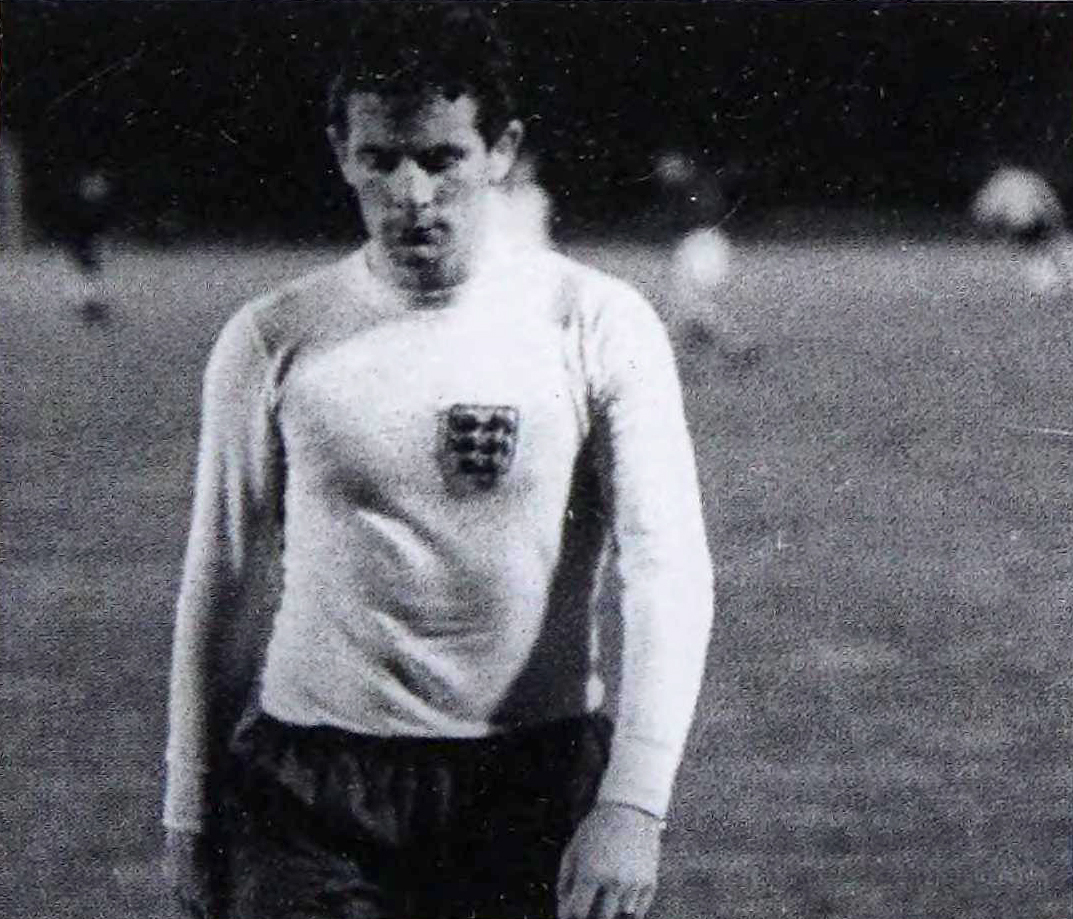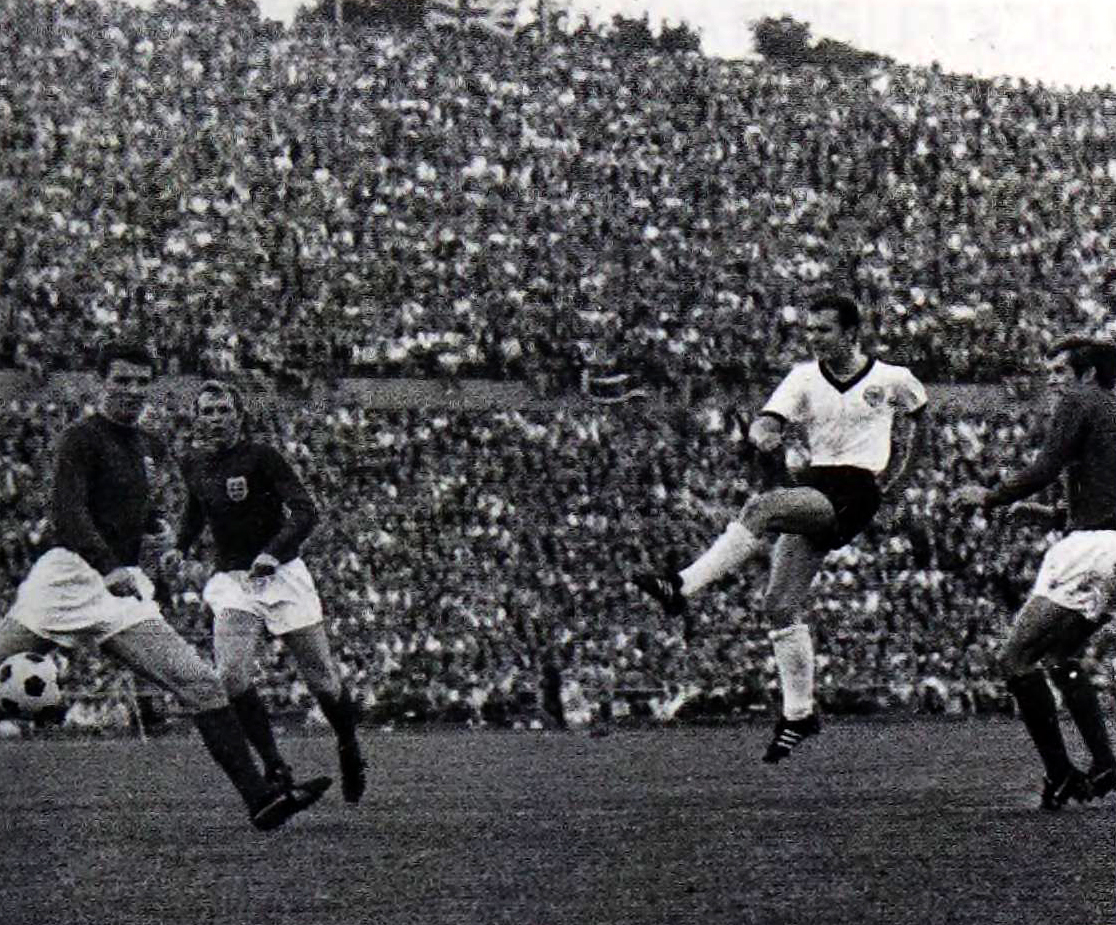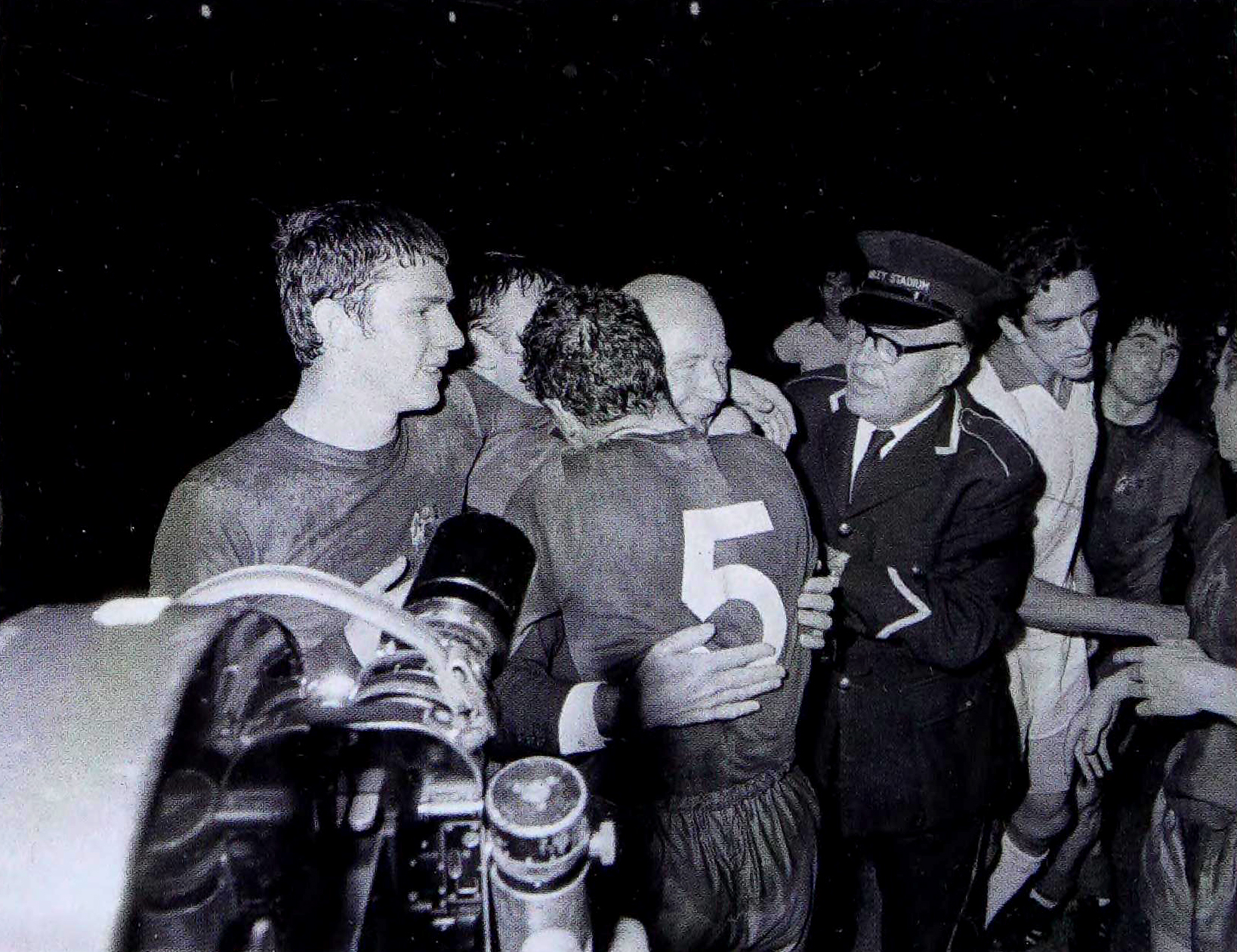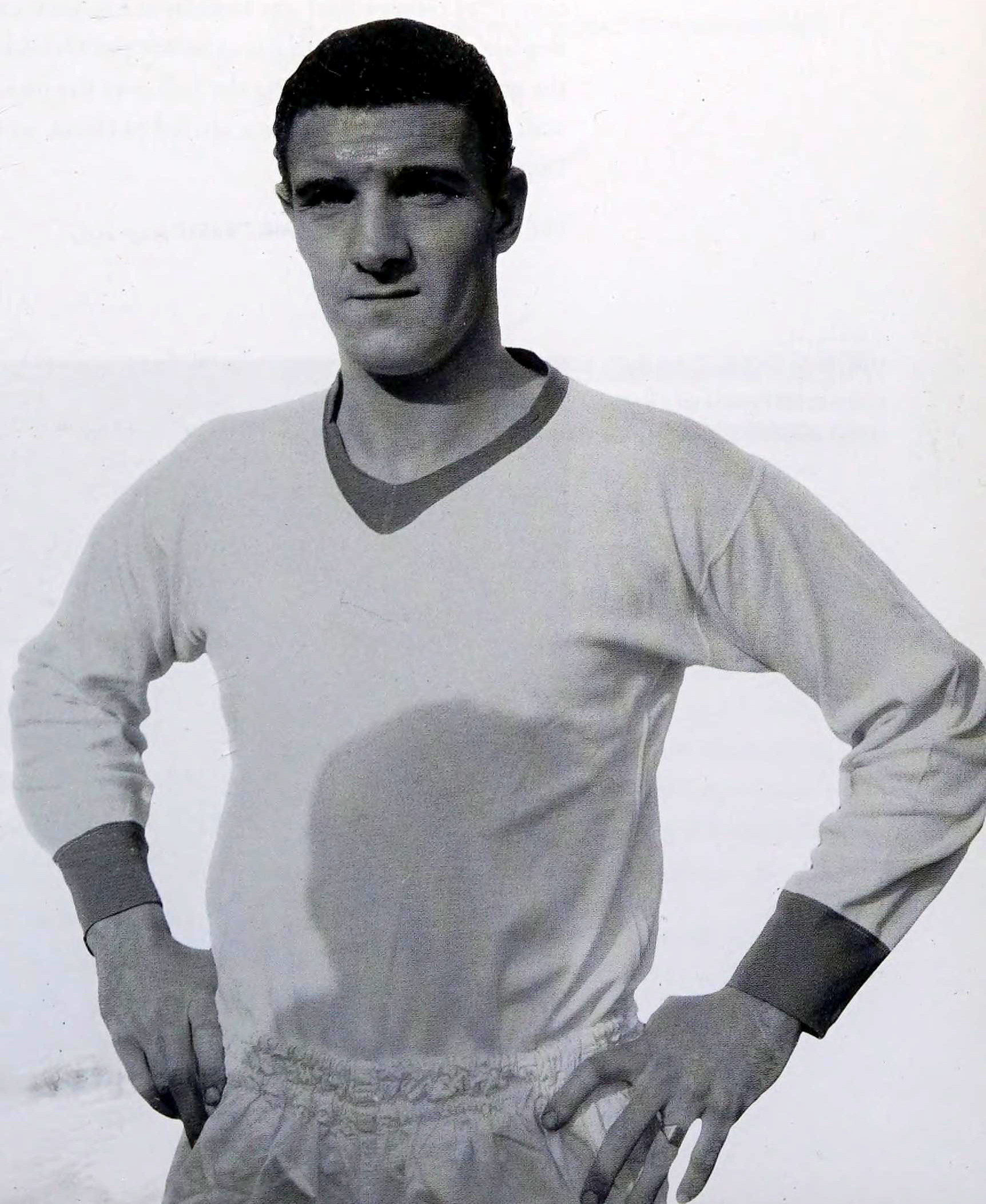2023-05-15
Nr. 457
PELÉ’S 1000TH GOAL (1969)
Who knows how many of the thousands in the crowd realized it at the time, but when the great Pelé struck a 77th-minute goal in Rio de Janeiro’s magnificent Maracana Stadium on 19 November he was notching up yet another career high. The strike for his Santos team was Pele’s thousandth in all competitions, national and international. Fittingly, it sealed a 2-1 win over his club’s arch rivals Vasco de Gama, but it was not the end of the Brazilian’s scoring prowess and he continued scoring for Santos and after that the New York Cosmos.
At club level Pelé was a lethal predator and scored prolifically from all areas of the pitch. He missed few penalties and no goalkeeper relished the one-to-one confrontation with him. Many of Pelé’s greatest goals were captured by the world’s TV cameras on the international stage and he scored 78 for his country in 91 international appearances. Both his goals and his general vision brought success for the teams he played within, culminating in the World Cup triumphs for Brazil in 1958, 1962 and 1970.
Pelé’s 1000th goal – a penalty kick – was captured in this photographic sequence.

